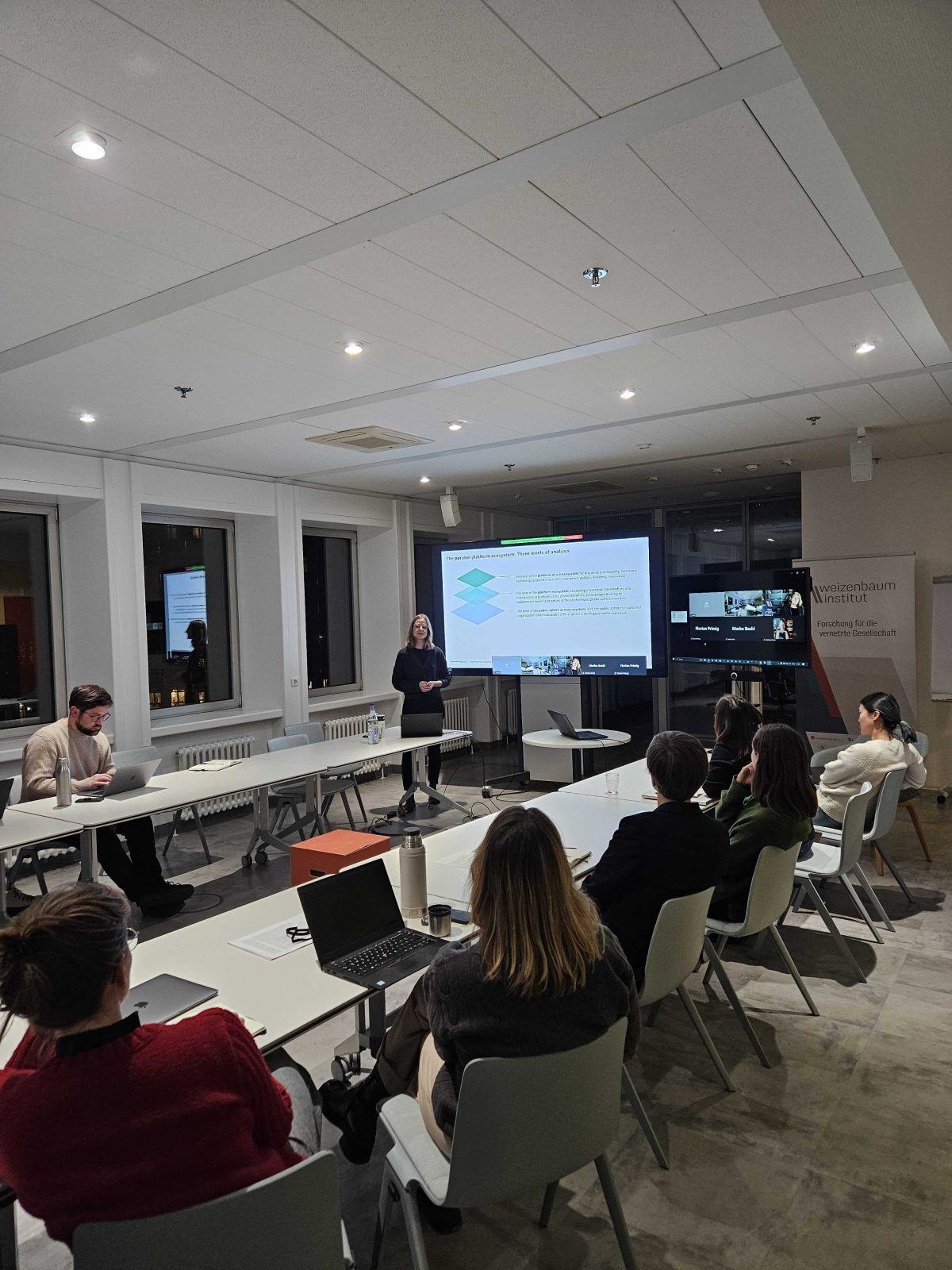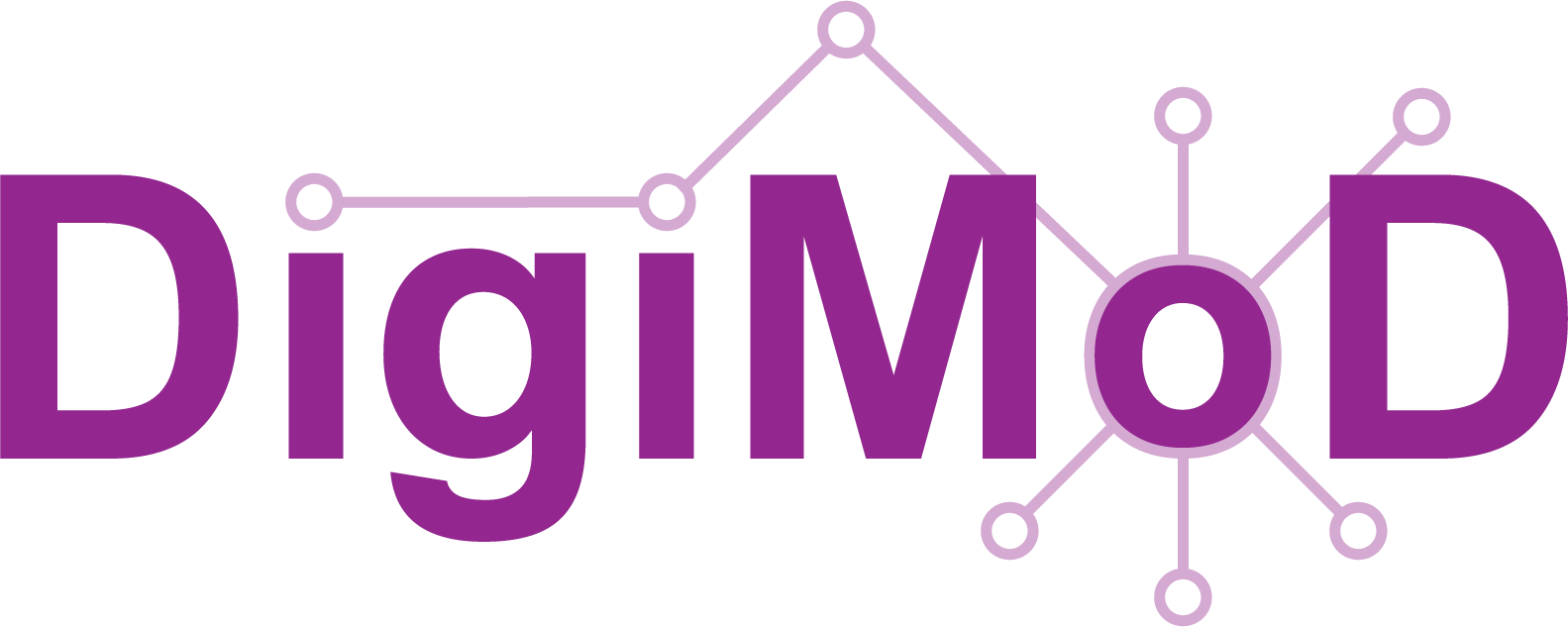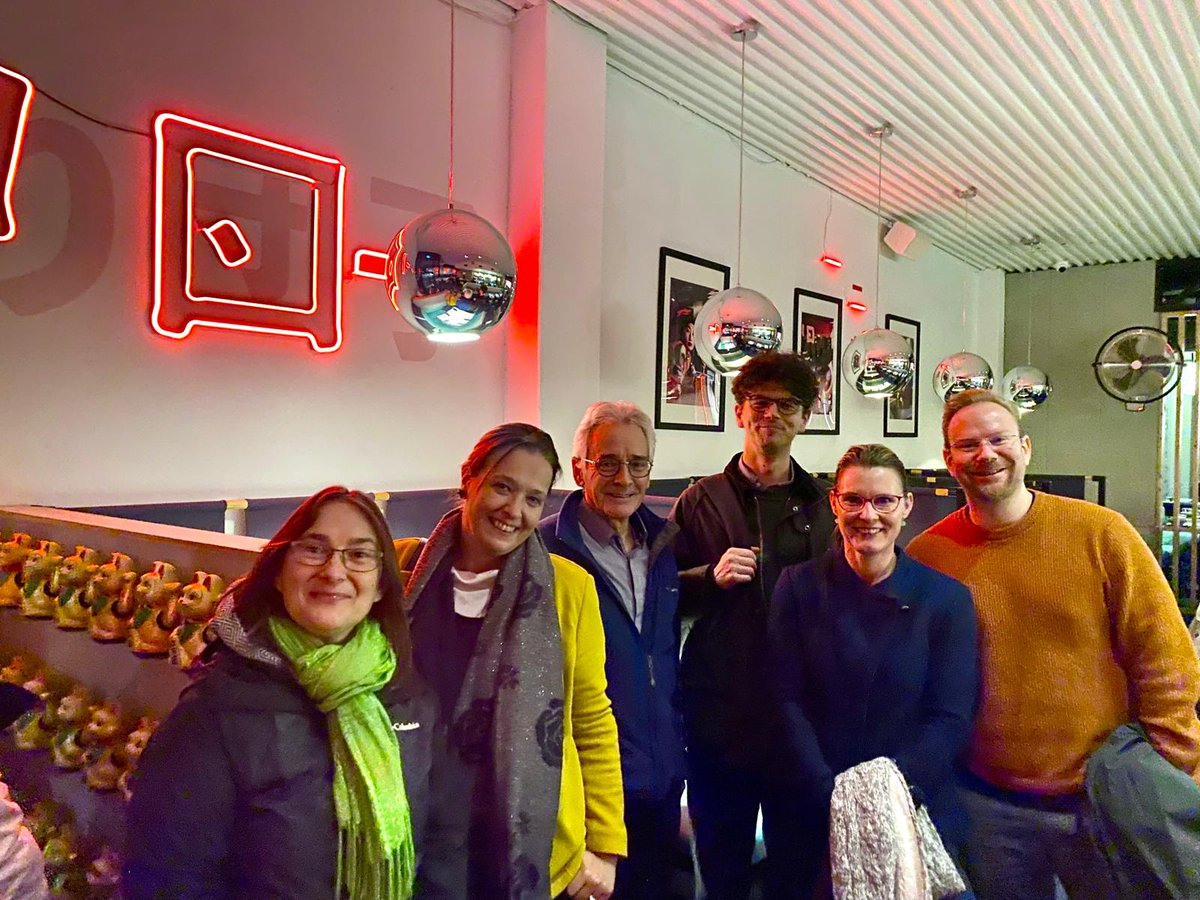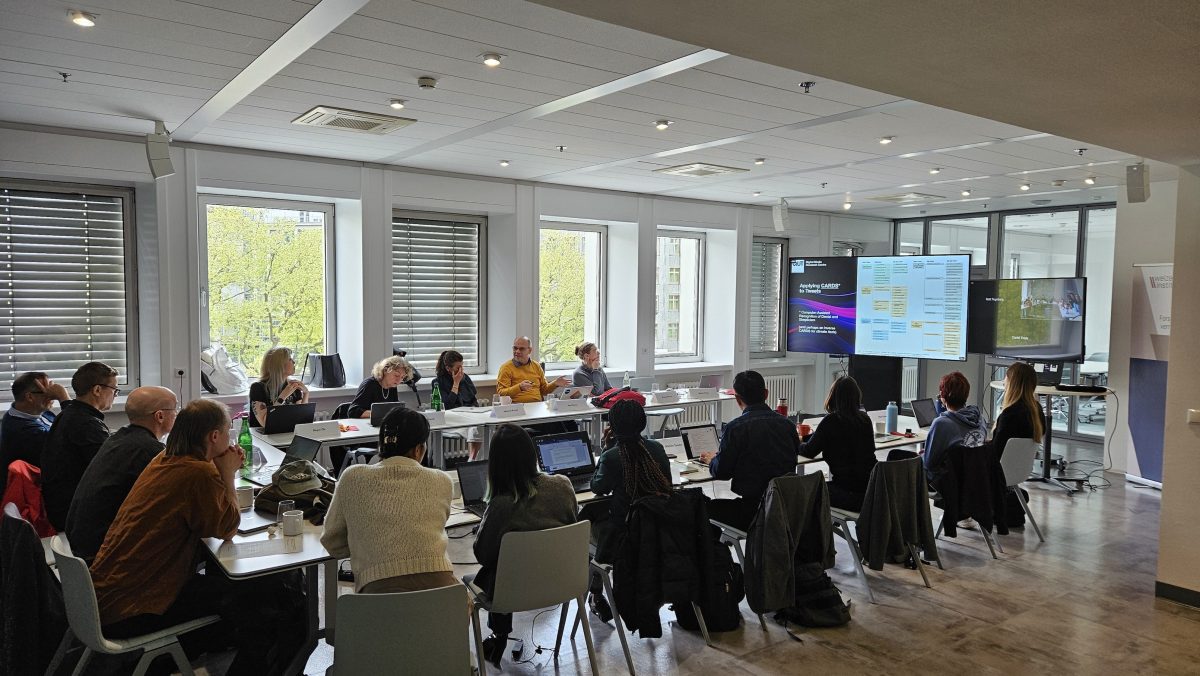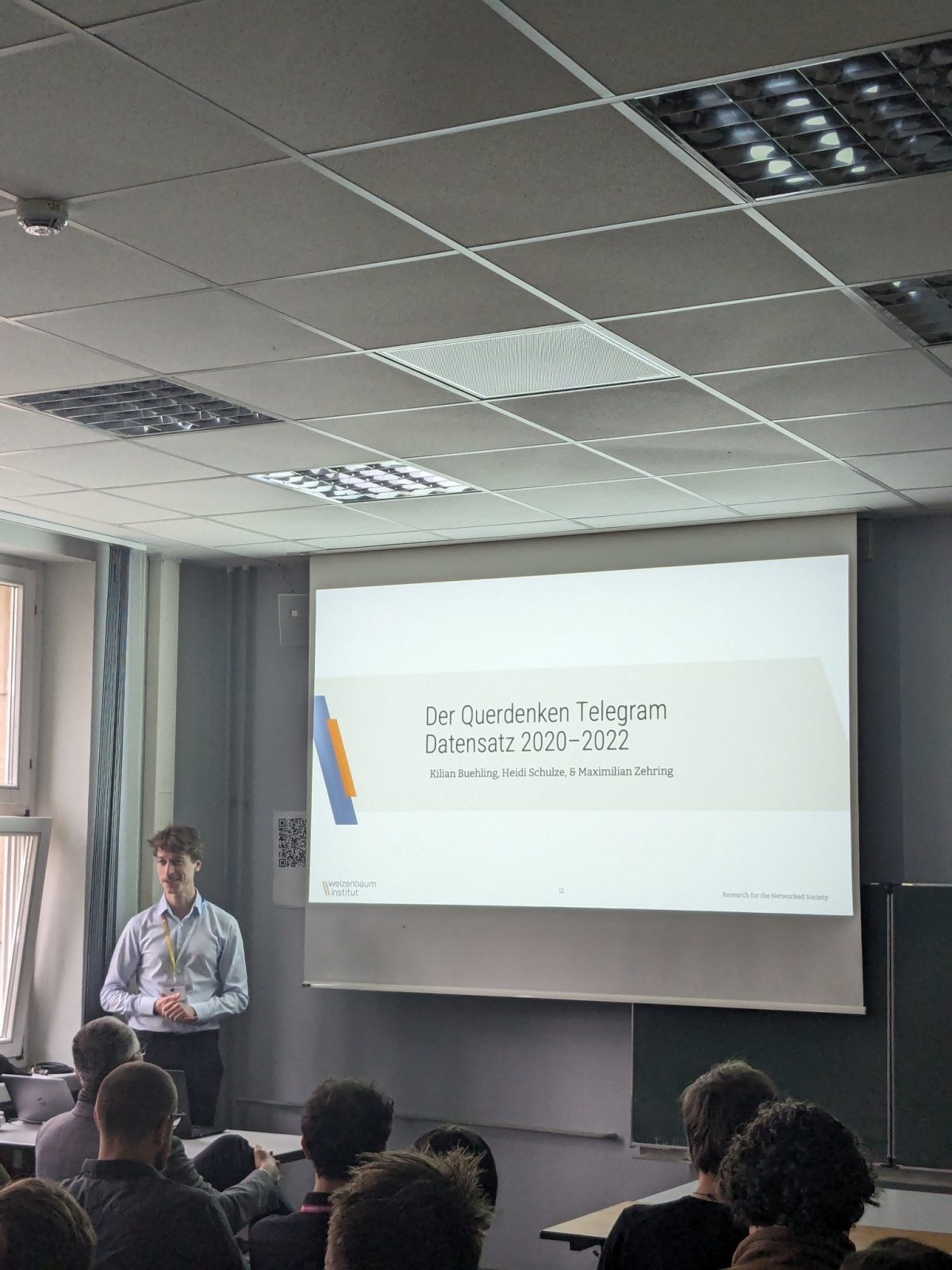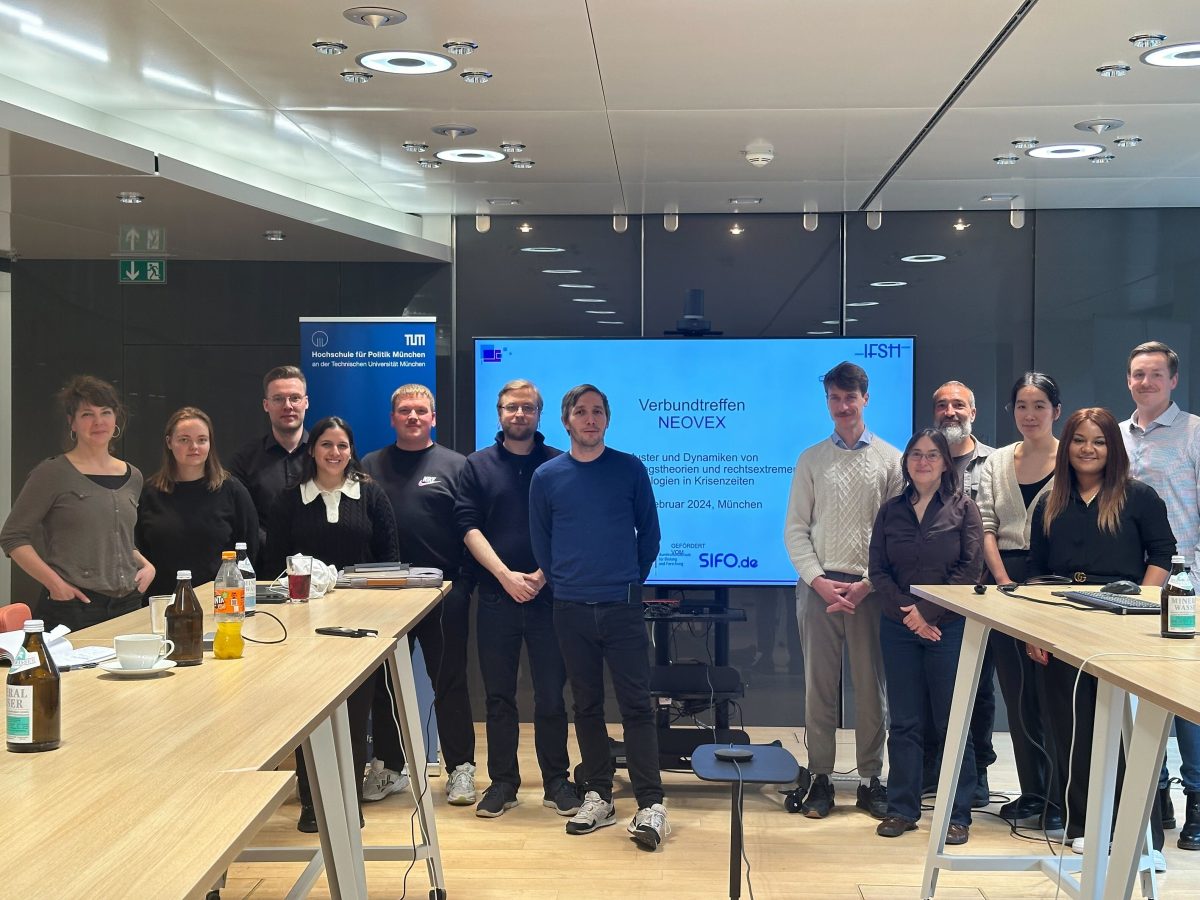The year of 2025 began with an engaging fellow talk by Dr. Daniela Mahl on January 14th at the Weizenbaum Institute, where she presented her work on Fringe Dynamics: Studying Anti-Democratic Movements at the Margins of Platform Ecosystems. Her talk was inspired by the growing uncertainty surrounding the epistemic standards by which reality is approached […]
